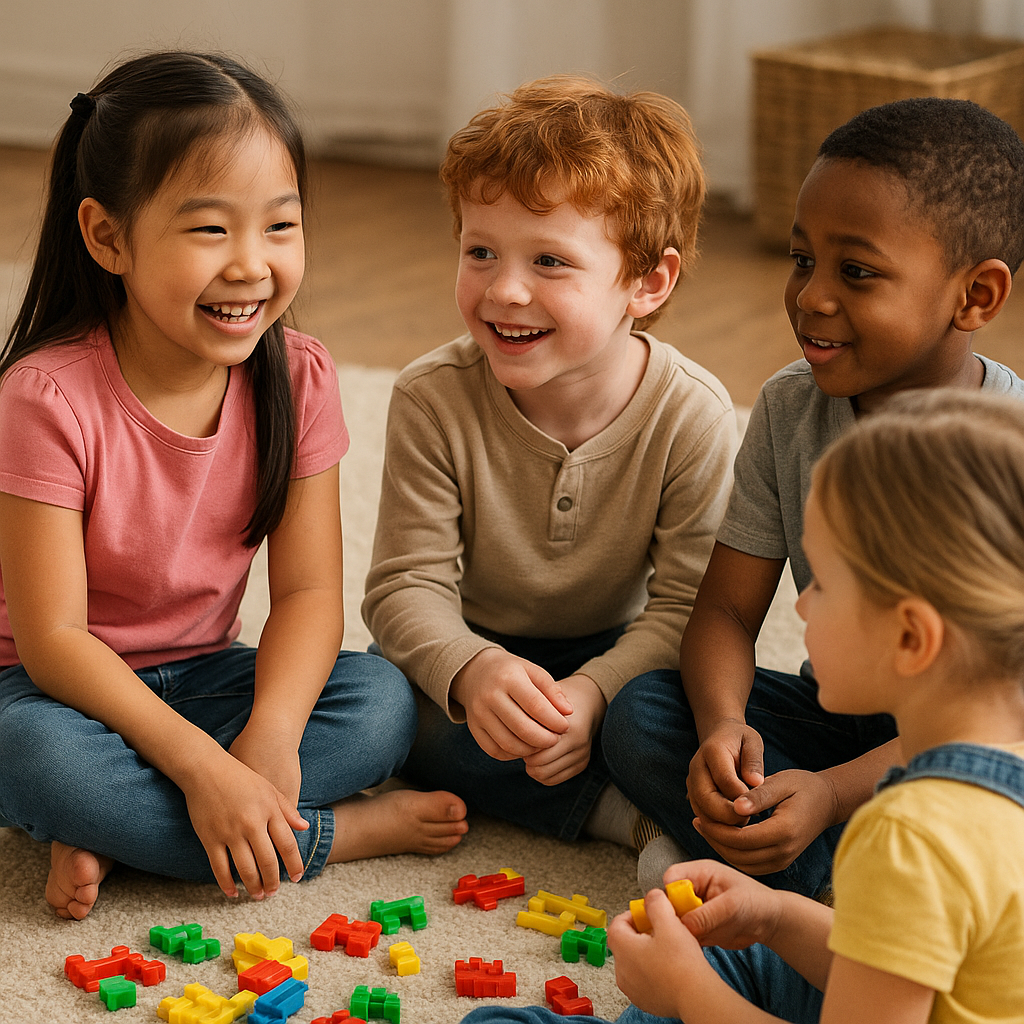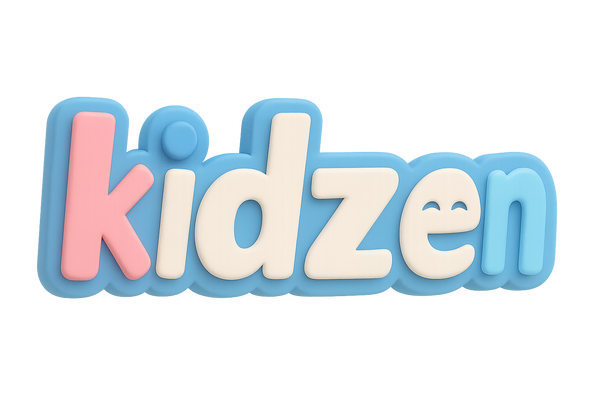
Playing with Peers: How Social Interaction Shapes Children’s Development
Share
When children play with peers, they’re not just having fun—they’re building vital social and emotional skills that will stay with them for life. Research shows that peer interaction during playtime can boost children’s empathy, communication, and conflict resolution abilities.
A study published in Early Childhood Research Quarterly (Ladd, 1999) found that children who frequently engage in cooperative play with peers develop stronger prosocial behavior and fewer behavior problems later on. Playtime with peers teaches kids how to share, negotiate, and understand others’ feelings in real-time situations.
Through pretend play or simple games, children learn to interpret social cues, take turns, and adapt to different roles within a group. This social learning can’t be replicated by playing alone or only with adults.
Parents can help by creating safe and diverse play opportunities. Organize playdates, join community playgroups, or simply encourage your child to invite friends over. Observe gently but allow kids to solve small conflicts on their own. These moments, though sometimes messy, are key for developing resilience and social competence.
In today’s digital age, it’s even more important to ensure children have regular, screen-free time to play with peers face-to-face. These experiences build the foundation for strong friendships and healthy emotional development.
So next time your child asks to play with a friend, remember—it’s more than play. It’s practice for life.
📚 Reference
Ladd, G. W. (1999). Peer relationships and social competence during early and middle childhood. Annual Review of Psychology, 50(1), 333-359.
